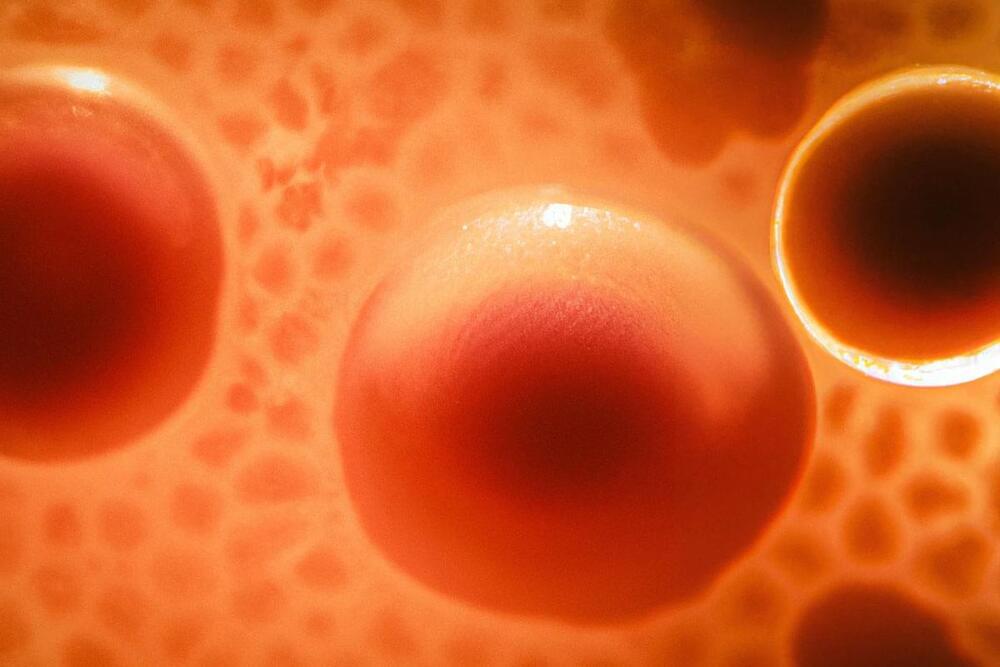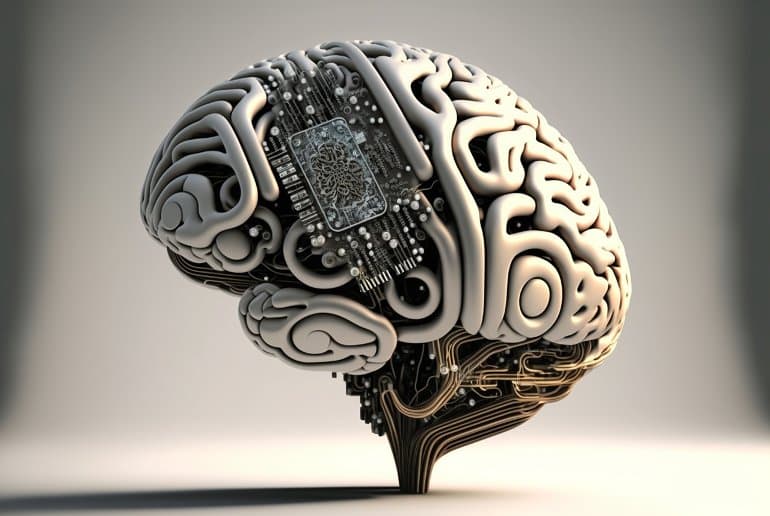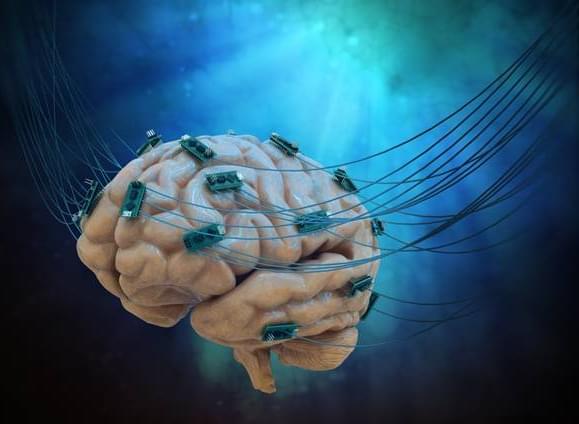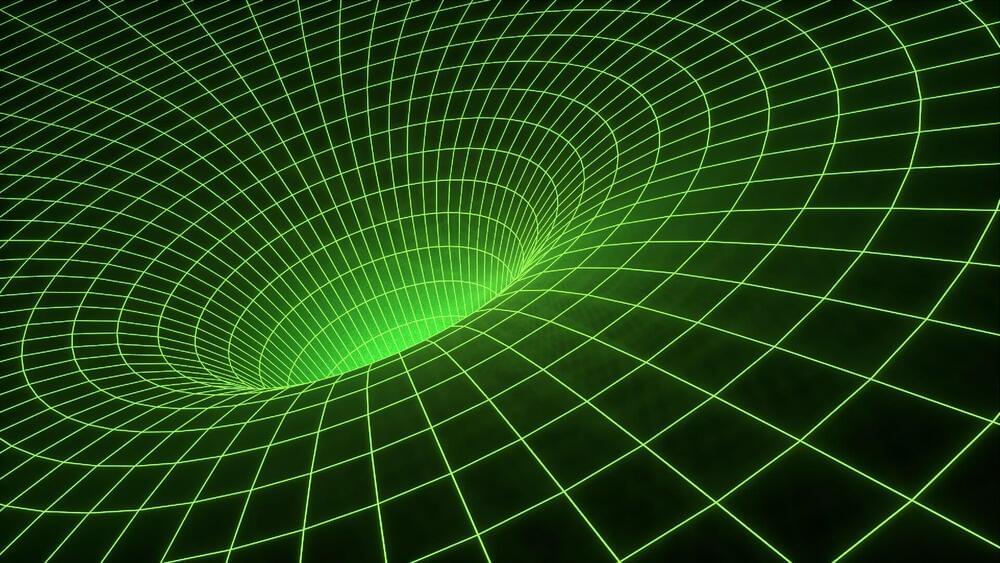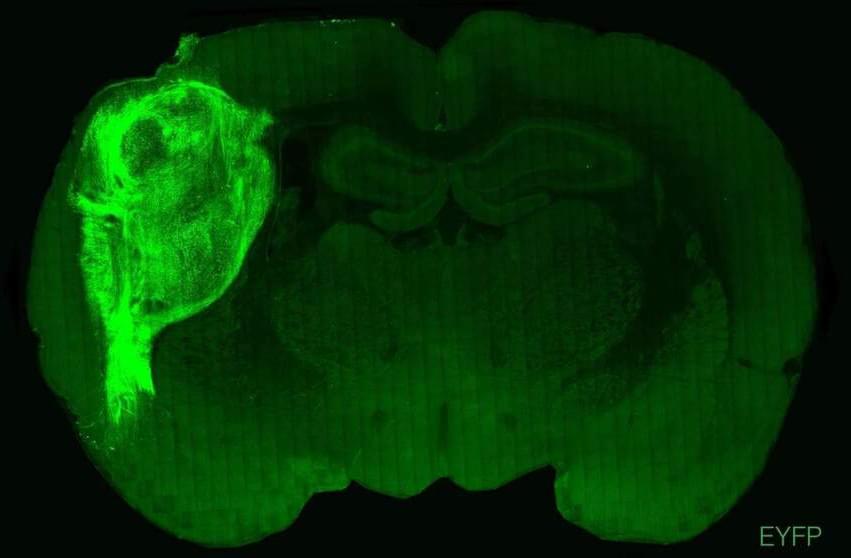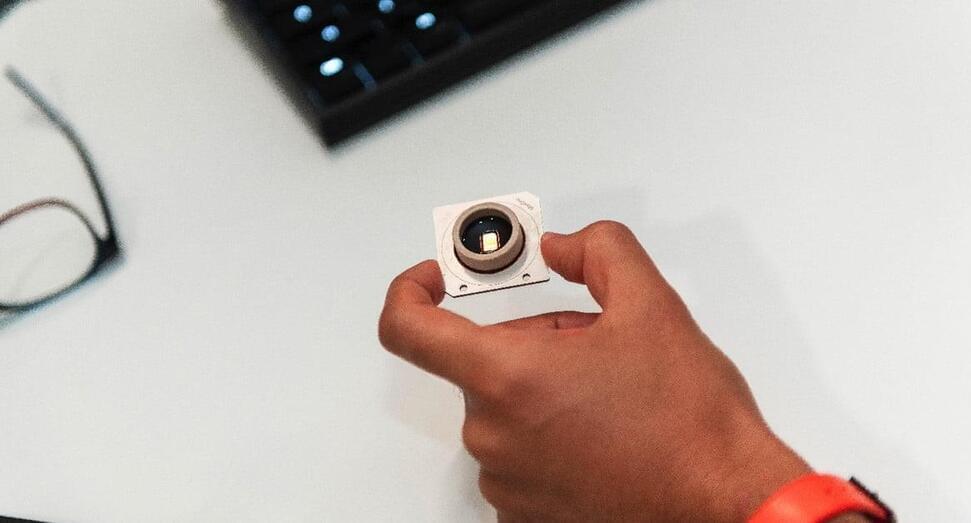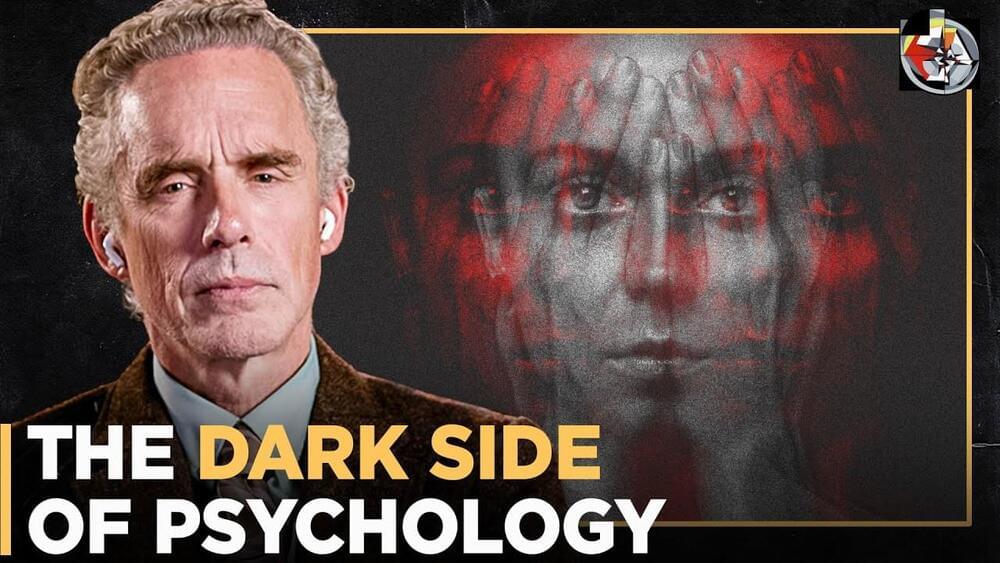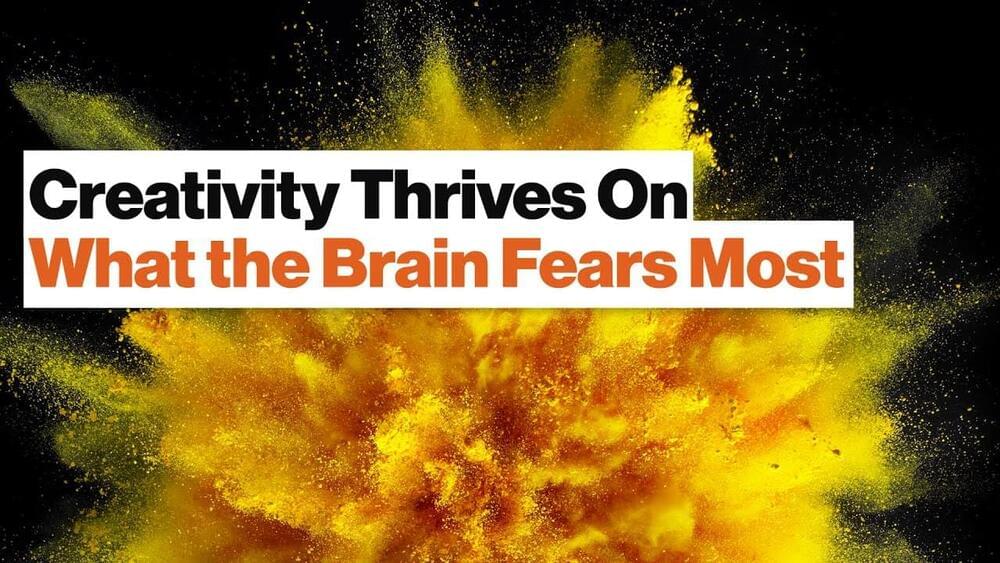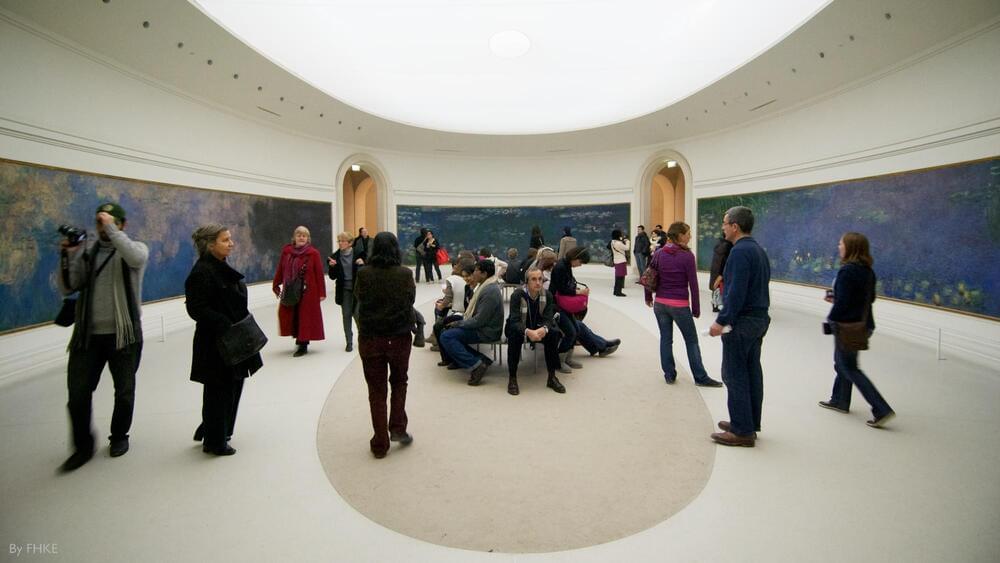Mar 6, 2023
Longevity company Biophysical Therapeutics emerges from stealth
Posted by Shubham Ghosh Roy in categories: biotech/medical, computing, life extension, neuroscience
Biophysical Therapeutics, a drug discovery platform company that leverages computational biology, has emerged from stealth. The primary targets of the Delaware-based company are cancer, the diseases of aging (including Alzheimer’s disease) and – excitingly – aging itself.
Founded by Dr Michael Forrest, a Cambridge University biochemistry graduate with a PhD in computer science, Biophysical Therapeutics boasts renowned biotech entrepreneur Professor George Church (of Harvard Medical School) as an advisor to the company. Professor Bruno Conti of the Scripps Institute in La Jolla, California is also an advisor.
Longevity. Technology: Back in 2006, Conti and his team reported an exciting result in the prestigious journal Science. They showed (in female mice) that slightly reducing the metabolic rate by slightly reducing metabolic heat generation (decreasing body temperature by 0.34°C) increased lifespan by 20%.
